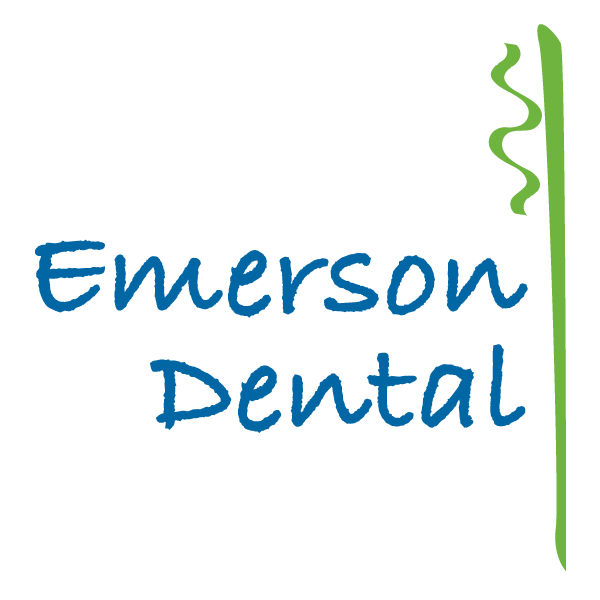Gum disease is one of the most common oral health conditions. The scientific term is periodontal disease, which refers to the periodontal tissue that provides support for your teeth, more commonly referred to as your gums. An estimated 47% of adults over the age of 30 have some degree of gum disease.
What exactly is gum disease and what causes it? Learn about the leading causes of gum disease and what you can do to prevent it.
What is Gum Disease?
Gum disease is a bacterial infection of the gum tissue. It causes the gums to swell and turn red from inflammation. You may notice that your gums bleed when you brush your teeth or when you bite into an apple. Gum disease can also cause bad breath due to the presence of bacteria. In severe cases your teeth may become loose or even fall out.
Possible Causes of Gum Disease
Gum disease is primarily caused by a buildup of plaque on the teeth. Plaque is a sticky film made of food particles and bacteria that clings to the teeth, especially in small spaces between the teeth and along the gumline. When plaque is not removed by brushing or dental cleanings, it hardens into calculus, which is much more difficult to remove. The bacteria in calculus has had time to mature, making it more likely to infect the gums.
There are certain conditions that can make someone more susceptible to gum disease. Diabetes causes a higher level of sugar in the saliva that can increase the risk of developing gum disease. Excess gum tissue covering the teeth (typically caused by genetics) can make gum disease more likely. A diet high in sugar can also increase your chances.
Treatment For Gum Disease
The good news is gum disease is treatable. The first step is to remove the plaque and calculus that are causing the infection. Scaling and root planing are two periodontal procedures that work together to eliminate the source of gum disease. Scaling is the process of removing calculus from the teeth and the roots under the gums. Root planing smooths the surface of the roots so that the gum tissue can attach more firmly without spaces in between for plaque to accumulate.
These procedures may need to be repeated every few months to keep gum disease from recurring and allow the gum tissue to heal. This treatment is referred to as periodontal maintenance.
There are other periodontal procedures that treat more severe gum disease as well as the resulting damage that the infection may cause to your teeth and jaw.
Preventing Gum Disease
As with most health conditions, prevention is always best. There are many ways you can prevent gum disease from ever occurring in the first place:
- Brush your teeth. Brushing your teeth twice a day removes the majority of the plaque that forms on your teeth before it can harden into calculus.
- Floss your teeth. Flossing your teeth once a day removes plaque from the spaces between your teeth and along your gums.
- Go to the dentist regularly. Going to the dentist at least every 6 months to have your teeth professionally cleaned removes plaque and calculus from hard to reach areas.
- Minimize sugar intake. Reducing or eliminating sugar from your diet can help prevent gum disease.
- Rinse your mouth. After eating or drinking something, especially something containing sugar, rinse your mouth with water to remove some of the food particles from your teeth.
What Should I Do if I Think I Have Gum Disease?
If you have any of the signs or symptoms of gum disease, contact your dentist right away for treatment. Prompt treatment can eliminate gum disease before it worsens and leads to severe damage. Emerson Dental provides a variety of periodontic services to treat and prevent gum disease.
Contact us today to learn more and schedule an appointment.

